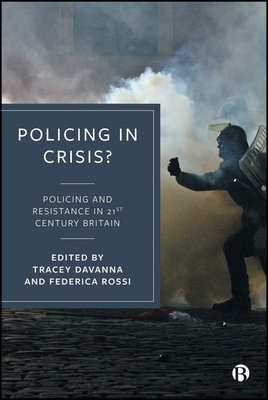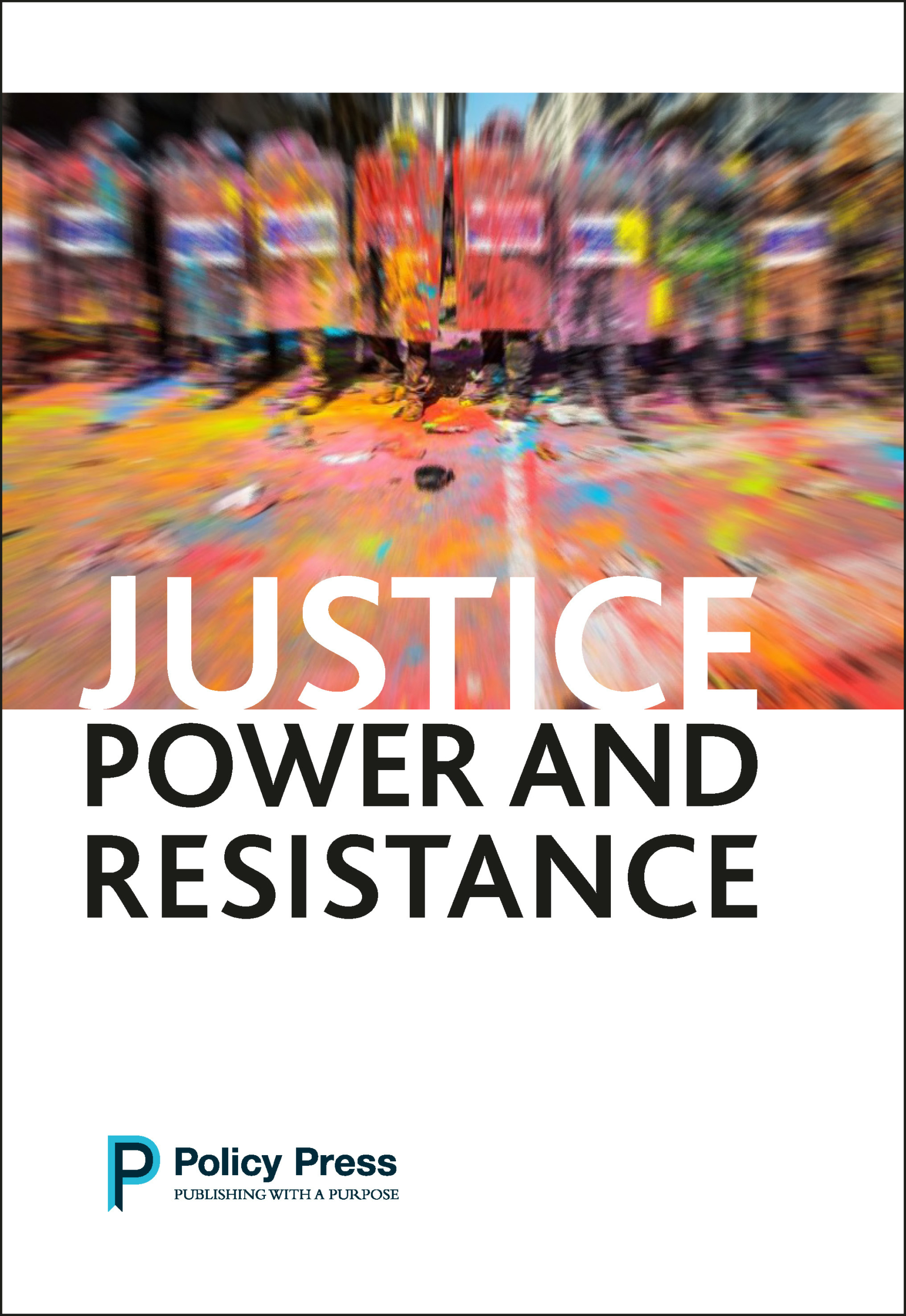One of the UK’s oldest direct action groups, the Hunt Saboteurs Association (HSA), continues to demonstrate its success at holding power to account, whether by filming violent assaults and rape threats, revealing close ties between senior police officers and hunts, or collating data underpinning at least the last 23 prosecutions under the Hunting Act 2004.
The history of the HSA and its activism is important as it demonstrates how wealthy and privileged communities continue to hold very different relationships with the criminal legal sector compared to other communities. It is only through this type of direct action that many crimes and harms by organised hunting even come to light.
Despite the increasing levels of organised violence by hunts and their supporters – including gender-based violence, hate crime and animal cruelty – the police can at the very least be accused of ignoring it while at worst of enabling and supporting it. It is therefore even more important to recognise the role hunt saboteurs carry out, often several times a week during the hunting seasons, in raising awareness about the different types of crimes and harms committed by privileged and often very wealthy local hunts. Two recent examples demonstrate this.
West Midlands’ hunt saboteurs have documented an ongoing campaign by local police, which includes officers forcibly removing them from their vehicles before smashing the windows. The same hunt saboteur group investigated why a notorious local hunt had its Community Resolution Order (served by one police officer due to ‘unreasonable and dangerous use of the roads’) downgraded to what appeared to be a ‘secret protocol’. This was only revealed after two years of campaigning by hunt saboteurs, effectively demonstrating that the police were working for the hunt. Among other things, the protocol lays down that the hunt be forewarned of any attendance by police at a meet, and passes on any complaints to the hunt itself. Only thanks to the tenacity of the hunt saboteurs did links emerge between the Chief Constable, Police and Crime Commissioner and hunt, leading to the resignation of the former, all revealed on national media and in Parliament via the MP who accused the force of a ‘cover up’.
The second example concerns a female hunt saboteur brutally assaulted by three male hunt supporters, with footprints from the attack stamped into her clothing. Requiring hospitalisation, she was left suffering long-lasting concussion and PTSD. Despite being provided with photographs of the men before and after the attack, names of the culprits (one previously found guilty in court of a similar offence), details of the vehicle they were driving and where to locate them, Avon and Somerset Police officers refused to stop the men or take a statement. A search of the vehicle could have located expensive monitoring equipment stolen during the attack, linking them to the assault. When the police eventually said it would investigate, its response was a late-night voicemail message stating, ‘there’s little prospect of actually identifying individuals involved’. Other female hunt saboteurs are routinely assaulted by the same men, but know there is little point in making official complaints to the force.
As the above examples demonstrate, crimes and harms accompanying fox hunts are not just connected to the practice of fox hunting itself but concern highly organised and increasingly violent assaults by members of hunts who know they can get away with it. Blatant illegal fox hunting includes digging out foxes from dens and throwing the live animals to waiting packs of hounds to be torn apart, and releasing captured (‘bagged’) foxes so the hunt is guaranteed a ‘chase’. But added to this, we can include intimidation of hunt saboteurs and monitors by weaponising quad bikes and horses, physically assaulting them, attacking vehicles with dead foxes and indecent exposure. All of this is to deter community activists who monitor the Hunting Act 2004 and use non-violent direct action to protect British wildlife.
The National Police Chief Lead on hunting, Chief Supt Matt Longman, refers to the Hunting Ban 2004 (supposedly banning hunting with dogs) as ‘possibly one of the most farcical eras in criminal justice history’. Although this statement could be used to describe countless examples of so-called criminal ‘justice’, it helps to identify a piece of legislation that is overtly ignored by wealthy and privileged members of fox hunts around the country, some of whom have direct political links with Parliament and others who are supported by local politicians.
If nothing else, the Hunting Act 2004 has blatantly demonstrated the under-policing and under-criminalisation of privileged members of rural communities. Take the secret webinar that was organised by hunt governing bodies and other interested parties in 2020, including the Countryside Alliance and Masters of Foxhounds Association (MFHA), along with 150 hunt masters. At the event, key members of hunting organisations and ex-police officers, now advising them, explained how to lay a ‘smokescreen’ and pretend they were trail hunting (a legal practice), to provide a legal defence if prosecuted for illegal hunting. When the HSA revealed the content of the webinar, only one person stood trial and was found guilty of ‘intentionally encouraging or assisting others to commit an offence under the Hunting Act 2004’. On appeal, his conviction was overturned. Four years later, five Just Stop Oil climate activists were given prison sentences of up to five years for discussing online plans for a peaceful protest on a motorway.
All of this demonstrates the continuing role of police in upholding and enabling hegemonic practices by communities with social and political power. This is demonstrated in the links between organisations supporting land owners, fox hunting and countryside pursuits that spread throughout local and national politics, including police forces and their representatives. Although this won’t come as a surprise to many, the overt support by the state and its agencies for fox hunting acts as a ‘farcical’ counternarrative to those who would suggest otherwise.
Tracey Davanna is a lecturer in Criminology at London South Bank University. Her research focuses on examining and understanding frictions and conflicts in rural/urban space, drawing on bodies of knowledge including illegal fox hunting and the normalisation of exclusionary practices.

 Policing in Crisis? edited by Tracey Davanna and Federica Rossi is available to pre-order on Bristol University Press for £80.00 here.
Policing in Crisis? edited by Tracey Davanna and Federica Rossi is available to pre-order on Bristol University Press for £80.00 here.
The under-criminalisation of the Hunting Act 2004 and the intersection of criminal selectivity, policing and classism by Tracey Davanna is available to read in Justice, Power and Resistance on Bristol University Press Digital here.
Bristol University Press/Policy Press newsletter subscribers receive a 25% discount – sign up here.
Follow Transforming Society so we can let you know when new articles publish.
The views and opinions expressed on this blog site are solely those of the original blog post authors and other contributors. These views and opinions do not necessarily represent those of the Policy Press and/or any/all contributors to this site.
Image credit: Siora Photography via Unsplash


